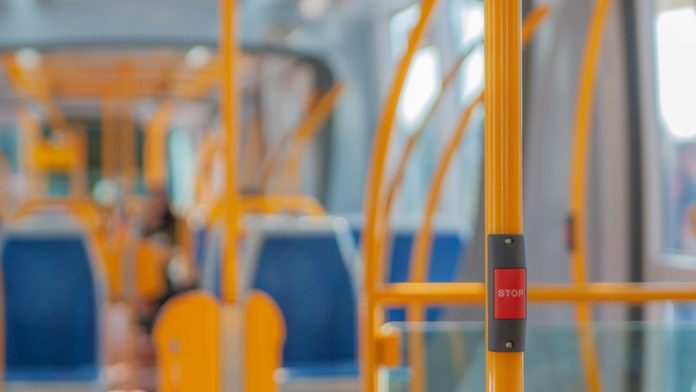In Ukraine, socially vulnerable categories of citizens are entitled to preferential travel in public transport, in particular in route taxi. However, sometimes there are situations where drivers refuse to grant this right that causes misunderstanding. In 2025, under the new legislation, privileges will be able to take advantage of free travel, however, if the driver does not want to follow the route until the beneficiary pays for the passage, it is necessary to act in accordance with the law.
According to the Ukrainian legislation, the following categories of citizens can expect free travel in public transport: participants of hostilities and persons equated with them. War invalids and persons who are equated with them. Urgent servicemen. Parents who are on the maintenance of dead or missing persons. Veterans of military service, law enforcement agencies, police and other services. Police officers and SBU staff while performing their duties. Rehabilitated persons who have become disabled as a result of repression. Persons with disabilities of the first and second groups, children with disabilities, as well as accompanying persons. Citizens affected by the Chornobyl disaster. Children under 6 years (without occupying a separate seat). Children from large families. According to the legislation, drivers have no right to refuse preferential categories of citizens in travel without valid reasons. If the driver still refuses, the privilege has a number of opportunities to protect his rights.
If the driver refuses to move or tries to force the privilege to pay the fare, you can call the police to resolve the situation. The Territorial Directorate of the State Service of Ukraine for Transport Safety: it is a body that controls the activities of carriers and can take measures for violators. City Council Transport Division: Local authorities can help resolve conflicts related to violation of privileged rights. The State Transport Safety Service of Ukraine: they have the right to investigate and accept appropriate sanctions on violators. If the driver refuses to follow the route until the privilege is paid for the fare, the police should call. This will help to quickly resolve the situation, avoid conflicts and ensure legitimate travel. The unreasonable refusal of the driver from preferential transportation is a violation of the law. Such actions provide administrative liability. Drivers who refuse to provide preferential transportation can be fined, and preventive conversations can be conducted with them to avoid such situations in the future.
Ensuring the rights of preferential categories of citizens is an important part of the country's social policy. If the driver refuses preferential transportation, the passenger has the right to protect his interests through appeal to the relevant authorities or call the police. Remember that free travel is a right, not a privilege, and it must be provided in accordance with the law.


